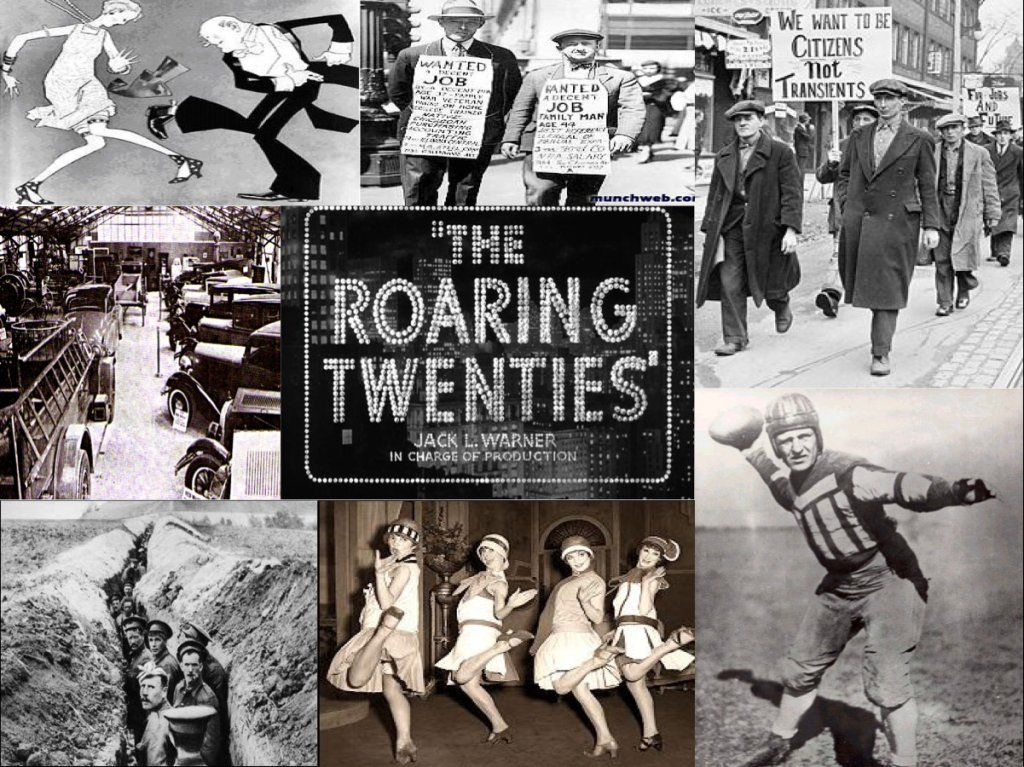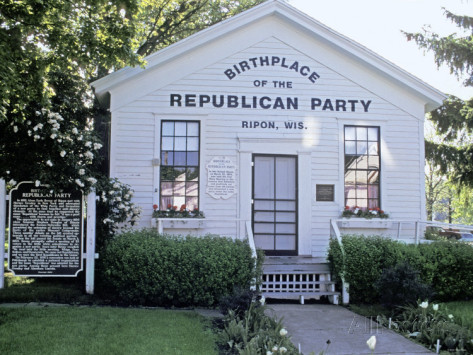“Tell us what you think about the rest of the year.” That was the request made of me for this morning. Yesterday, to prepare, I wrote down four points for 2021. I’d like to share them with you now and also thank the Hendricks County (IN) Republican Party for their graciousness in hosting me.
With your sights set on April-December 2021, here you go.
Point #1: The The Roaring Twenties today rhymes with the Roaring Twenties of a century ago.

We’re already seeing our version of the ’20s emerge. It’s the aftermath and post-event, post-issue, and post-time reaction to the combination of the pandemic and World War Trump, or as I call it, Warcorona. We’re heading into an understandably heightened period of pleasure, distraction, and on the further end of extremes, debauchery (PDD). People want to enjoy themselves and get to and for some time stay at the furthest opposite of what they’ve experienced in 2020-2021 and perhaps for some even 2016-2021.
This will have a mixed effect of positives and negatives. Included in the positive/negative pairing will be things that were once positive but which become negative. This dynamic will also run alongside a new relationship among the Great Powers of the planet. The realignment of the Great Power relationships will be fractious and frictious and will ultimately connect us to a cascade of events far more challenging than anything we’ve yet seen. My expectation is that the timeline for all of this is between ten and fifteen years.
For those of you who don’t know why I refer to “rhyming,” I’ll explain. I believe as Mark Twain is supposed to have believed: history doesn’t repeat but it sure does rhyme. Hence, my reference to the rhyming of The Roaring Twenties. They don’t not mirror each other but they match together in the senses.
Point #2: The birth of the Republican Party in the mid-1850s is a good source of understanding the situation now.

Birth is a carefully chosen word here. Birth suggests pain, confusion, uncertainty, disorder, and convulsiveness. All of these characteristics were true for the period of time that saw the birth of the Republican Party before the Civil War.
Here is how the condition manifested itself. Birth produced a thing not entirely, purely, or wholly new; it retained aspects of that which had conceived the birth itself. Birth also occurred from the outside-in and the bottom-up, not from the top-down or from the center-out. In addition, leaders in this process came from the states and their composite pieces and not from the national scene or level. Finally, birth embraced and pursued Major Change.
A true story about Abraham Lincoln enriches the birth metaphor. In the mid-1850s, after the first meeting (in Ripon, Wisconsin) of a group calling itself Republican, a speaker traveled to a town in Illinois. The speaker gave a rousing speech on behalf of the new political party. Lincoln was in the crowd, in the audience. In fact, he was stretched out on the grass, listening while he picked his teeth with a piece of straw. Someone asked Lincoln for his reaction to the speaker. Lincoln kept chewing on the straw. He was still sorting out his observations on the birth.
Point #3: The smartphone is a time compression device.

The bad news is the what you’ve heard or seen or read a thousand times before is indeed true—the smartphone and its applications are revolutionary. They upend things. The good news is that it’s happened before and the American republic has endured. Think of moving pictures and invisible sound (television). Before that, think of invisible sound (radio). Before that, think of moving pictures (silent films). Before that, think of photography (frozen pictures) and before that the telegraph (instant wired communication). At each turn, a revolutionary technological force was unleased in communication and the nation absorbed the shock.
It’s not an accident that an observer noted in 1912, with astonishment, that people were simply addicted to a thing they called “news.” The news consisted of truth, fiction, half and half, all-out rumor, and everything else imaginable and people couldn’t get enough of it in 1912. We can endure once more.
There is a difference, though. We know that the units of time haven’t changed. Seconds are seconds, minutes are minutes, hours are hours, and so on. We also know that the empty spaces in those units help us to feel the measured pace of time’s movement. But when you fill up all or most of the spaces—and that’s what the smartphone and its applications does, fill up the empty spaces—we tend to think that time has sped up, that time isn’t what it once was, that time is vanishing and we can’t keep up.
This is a difference because it’s affecting how we relate to each other, especially those we don’t really know. Don’t be afraid of it. But also don’t ignore the urgency of seeking to understand it far more than you do now.
Point #4: Monday, June 25, 1888, at around 2:30pm, two people of upright character meet in the middle of a crowd and in the span of seconds, twenty-five years disappear and their experiences in war bond them together again.

This is a long way of saying that character counts and will, in the remainder of this year (and beyond), count more than ever. Republican Benjamin Harrison won his party’s nomination for president on this Monday. In the celebration that unfolded, people in his community came together across political lines, racial lines, economic lines, generational lines, gender lines, and more for a genuine celebration of a genuinely good guy. Harrison met at his doorstep a man who had served with him in the Civil War and in the instant their eyes locked, only their shared memories of suffering and sacrifice remained.
I understand political parties wanting to win. I completely understand. I also understand that a challenge can be offered and met that victory includes unity, even for a moment, of when the good and the able step forward across the lines. Harrison and his former comrade did it in the years after 700,000 people had died in a war internally waged. Surely we can do it, too.
And so ends my four points, written yesterday and shared today.
Thanks for reading. All the best, Dan







